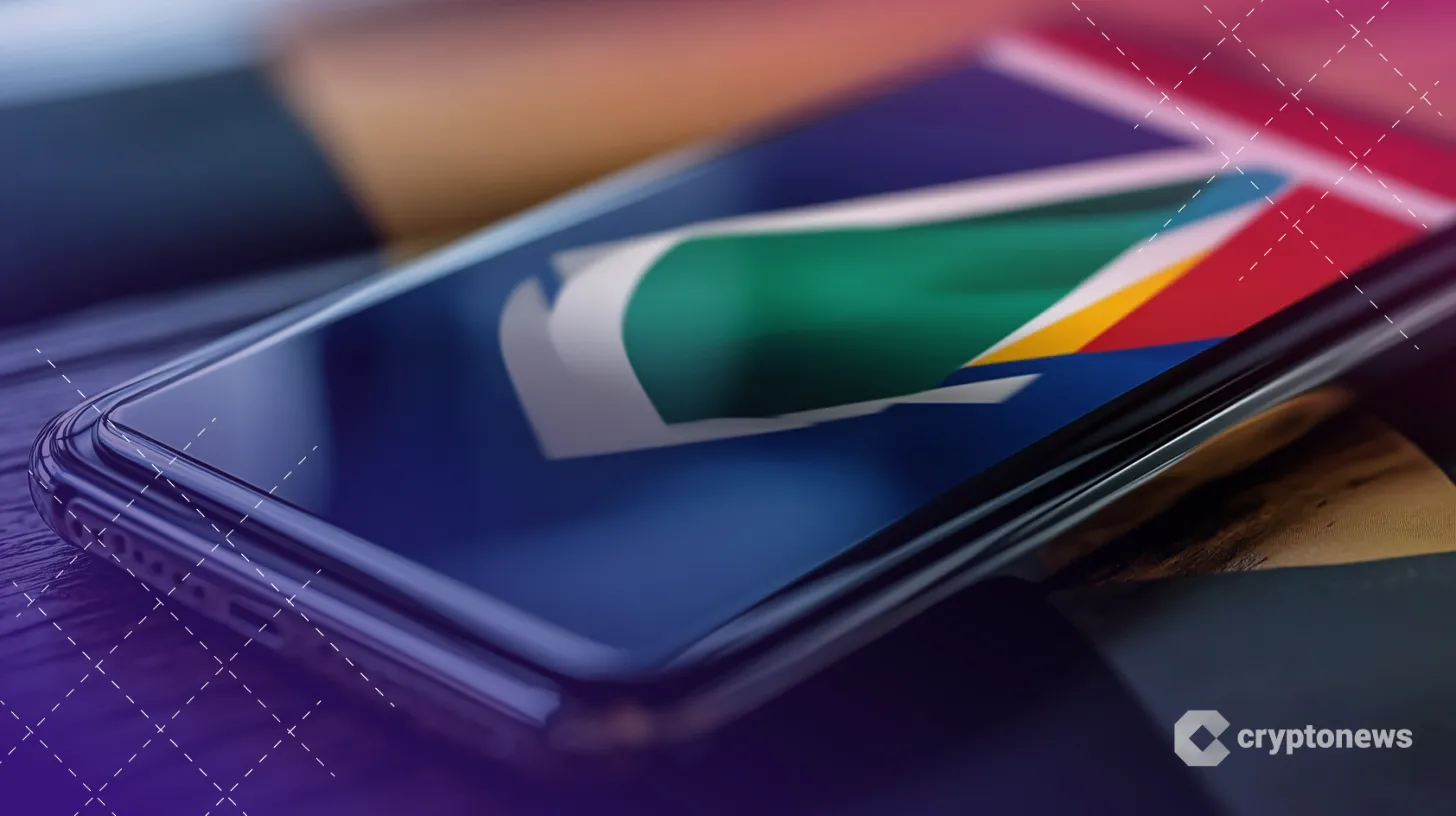According to a release on April 23, Binance will require South African users to submit sender and receiver information for all crypto deposits and withdrawals. The move responds to local regulatory requirements and seeks to tighten compliance in the country’s fast-growing crypto sector.
What Binance Users Must Now Disclose for Deposits and Withdrawals
Starting April 30, users in the country must provide the sender’s full name, country of residence, and, when applicable, the name of the originating crypto exchange for deposits.
Withdrawals will require similar beneficiary information. Transactions lacking these details may face delays or reversals.
These changes do not affect trading or other Binance services. However, users must reauthenticate their accounts beginning April 24 as part of the update.
The stricter rules come amid increased regulatory scrutiny in a market projected to generate $278 million in 2025 and grow to $332.9 million by 2028.
Regulators like the South African Revenue Service now mandate registration for all crypto participants, while the Financial Sector Conduct Authority (FSCA) cracks down on unlicensed firms.
In March, the FSCA approved 59 crypto licenses, with over 260 pending applications—showing the sector’s expanding footprint.
How Binance Balances Compliance and Global Expansion
Beyond compliance, Binance is playing a larger role in shaping global crypto policy.
With its global reach and expertise, Binance is helping shape crypto regulations and guide national Bitcoin reserve plans, placing it at the forefront of modern financial policy.
CEO Richard Teng revealed that several countries and sovereign wealth funds have approached Binance to assist with crypto framework development and reserve planning.
Further demonstrating Binance’s influence, Pakistan appointed Binance co-founder Changpeng Zhao as a crypto policy adviser this month, marking a shift in how seriously governments take digital assets as part of long-term economic planning.
This growing collaboration comes as more countries respond to the U.S. government’s recent pivot toward digital assets.
In March, President Donald Trump ordered the creation of a national Bitcoin reserve, an unprecedented move that marked a shift in U.S. crypto policy and sparked global interest.
The following month, the U.S. introduced new tariff policies. Binance CEO Richard Teng later shared on X that these changes could drive even more global interest in cryptocurrencies as countries look for alternative financial strategies.
Can Trust Be Rebuilt After Compliance Missteps?
Binance continues to recover from its 2023 $4.3 billion settlement with U.S. authorities. Under the new CEO, Richard Teng, the exchange has prioritized compliance, dedicating 25% of its workforce to regulatory roles.
Despite ongoing investigations in Europe, including France, Binance claims it will vigorously fight any further charges.
Teng notes that public sentiment in the U.S. has started to improve. The company is also considering a permanent global headquarters, moving away from its decentralized structure as Binance focuses on a more regulated and stable future.
The post Binance Enforces Sender-ID Checks as $278M South Africa Crypto Market Heats Up appeared first on Cryptonews.
This articles is written by : Nermeen Nabil Khear Abdelmalak
All rights reserved to : USAGOLDMIES . www.usagoldmines.com
You can Enjoy surfing our website categories and read more content in many fields you may like .
Why USAGoldMines ?
USAGoldMines is a comprehensive website offering the latest in financial, crypto, and technical news. With specialized sections for each category, it provides readers with up-to-date market insights, investment trends, and technological advancements, making it a valuable resource for investors and enthusiasts in the fast-paced financial world.
